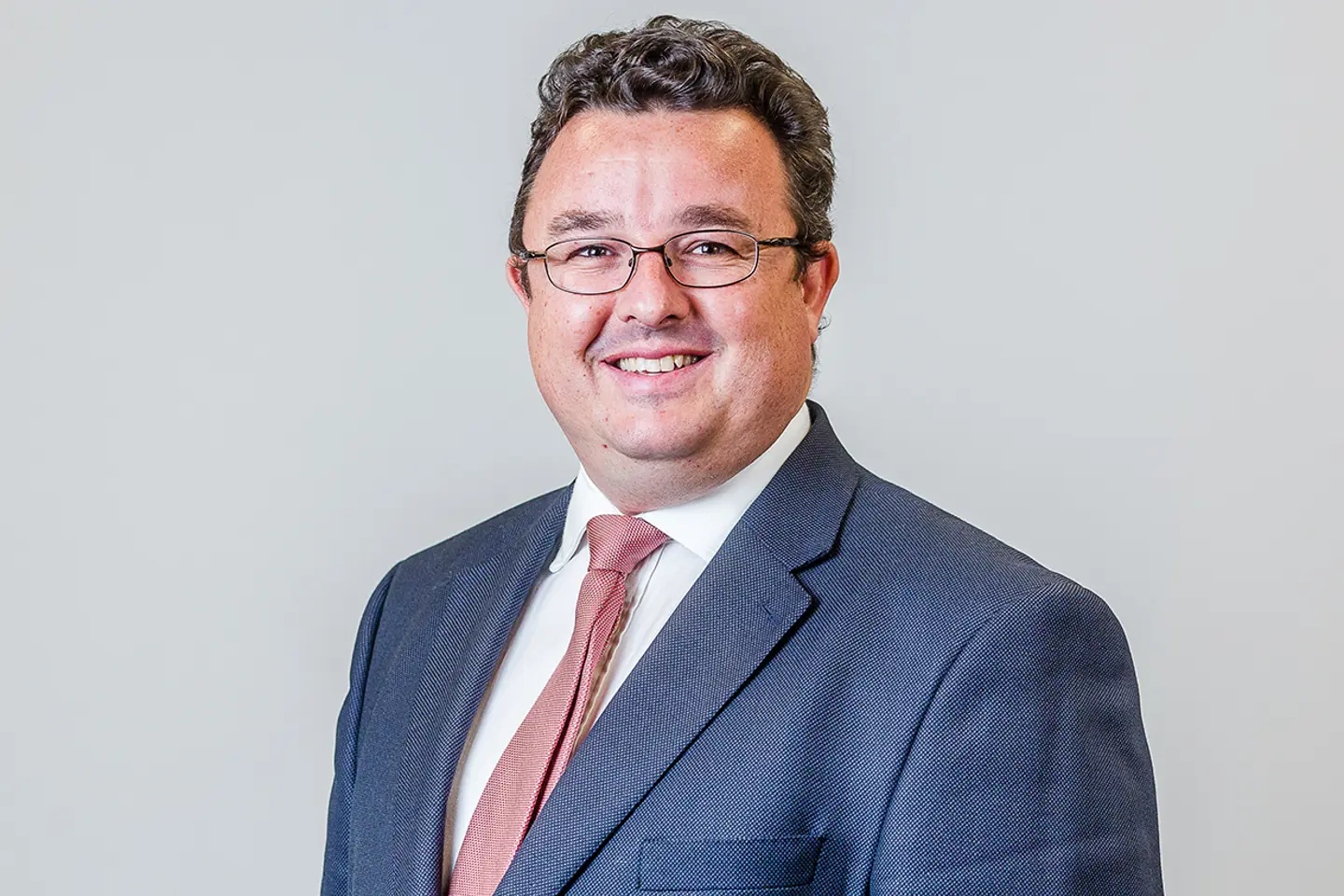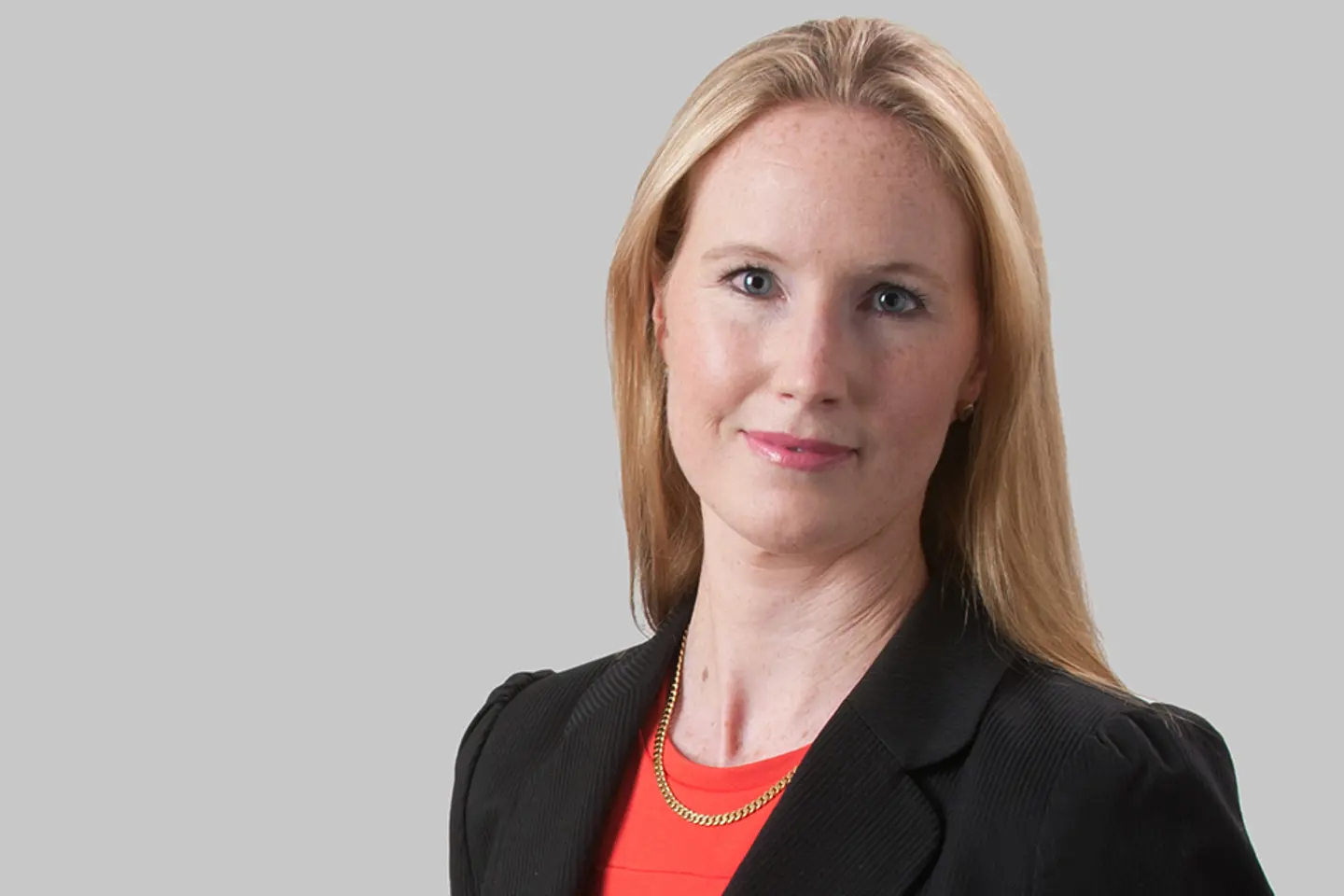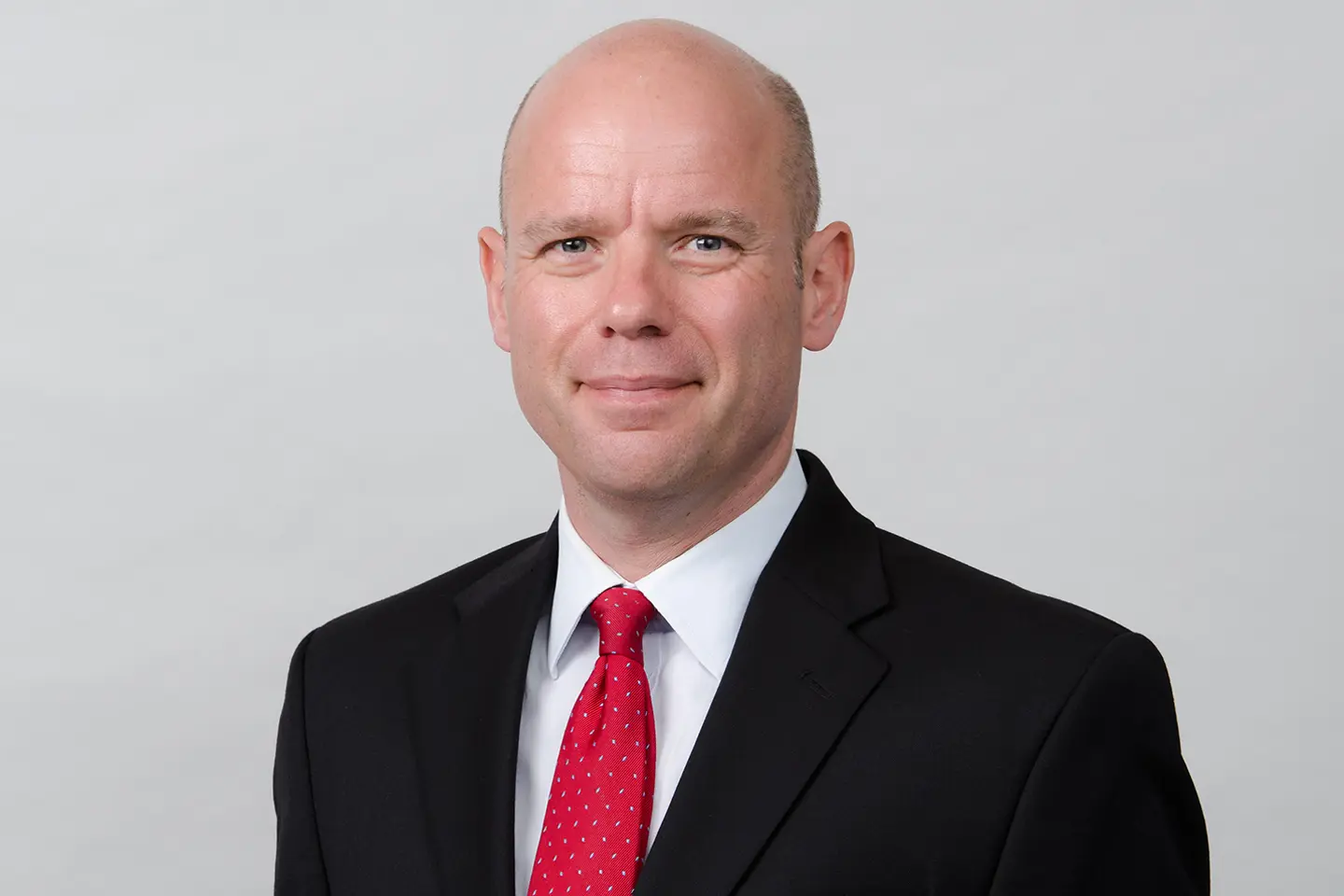
Simon Schilder
Partner | Legal
British Virgin Islands

Simon Schilder
Partner
British Virgin Islands
Services
We have the expertise to handle the most demanding transactions. Our commercial understanding and experience of working with leading financial institutions, professional advisers and regulatory bodies means we add real value to clients’ businesses.
Sectors
Our sector approach relies on smart collaboration between teams who have a deep understanding of related businesses and industry dynamics. The specific combination of our highly informed experts helps our clients to see around corners.
We have the expertise to handle the most demanding transactions. Our commercial understanding and experience of working with leading financial institutions, professional advisers and regulatory bodies means we add real value to clients’ businesses.
Legal
Corporate and Fiduciary
Consulting
Banking and Finance
Corporate
Dispute Resolution
Employment law
Intellectual Property
Investment Funds
Listing services
Local Legal Services
Our sector approach relies on smart collaboration between teams who have a deep understanding of related businesses and industry dynamics. The specific combination of our highly informed experts helps our clients to see around corners.
Ogier provides practical advice on BVI, Cayman Islands, Guernsey, Irish, Jersey and Luxembourg law through our global network of offices across the Asian, Caribbean and European timezones. Ogier is the only firm to advise on this unique combination of laws.
Keep up to date with industry insights, analysis and reviews. Find out about the work of our expert teams and subscribe to receive our newsletters straight to your inbox.
Fresh thinking, sharper opinion.
We get straight to the point, managing complexity to get to the essentials. Our global network of offices covers every time zone.
About us
Corporate social responsibility (CSR)
Diversity, equity and inclusion
Information security
Innovation
Sustainability
No Content Set
Exception:
Website.Models.ViewModels.Components.General.Banners.BannerComponentVm
Insight
02 January 2020
British Virgin Islands
4 min read
ON THIS PAGE
RELATED
With the enactment of the Securities and Investment Business (Amendment) Act, 2019 (the SIBA Amendment Act), the British Virgin Islands (BVI) has for the first time introduced a regulatory regime to regulate close-ended funds.
Historic position
The historic position in the BVI has been that in order for a collective investment scheme to be considered to be a "fund" under BVI law and so required to be licensed as such by the BVI Financial Services Commission (the FSC), it has been required to fall within the definition of a "mutual fund"/ "fund" under section 40(1) of the Securities and Investment Business Act, 2010 (SIBA). To come within this definition, a collective investment scheme was required to satisfy a two part test, being to:
(i) collect and pool investor funds for the purpose of collective investment; and
(ii) issue fund interests (i.e. shares; limited partnership interests; or units) that entitle the holder to receive on demand or within a specified period after demand an amount computed by reference to the value of a proportionate interest in the whole or in a part of the net assets.
What this has therefore meant from a practicable perspective has been that open-ended collective investment schemes have fallen within this definition of a "mutual fund"/"fund" for the purposes of section 40(1) of SIBA and so have been required to be licensed by the FSC, while close-ended collective investment schemes have fallen outside this definition and so have been unregulated.
New regulatory regime for close-ended funds
In response to the requirements of the European Union that the BVI should also regulate close-ended collective investment schemes, the BVI has enacted the SIBA Amendment Act and introduced the accompanying Private Investment Funds Regulations, 2019 (the PIF Regulations), which legislation introduces a new regulatory regime for close-ended funds.
This new regulatory regime came into force on 31 December 2019.
What close-ended funds are caught by these changes?
The SIBA Amendment Act introduces a new category of fund requiring regulation, being a "private investment fund". A close-ended collective investment scheme will come within the new definition of a "private investment fund" where the following two-part test is satisfied, namely where it:
(i) collects and pools investor funds for the purpose of collective investment and diversification of portfolio risk; and
(ii) issues fund interests, which entitle the holder to receive an amount computed by reference to the value of a proportionate interest in the whole or in a part of the net assets.
How will the licensing process work for funds that fall within the definition of a "private investment fund"?
For new funds which fall within the definition of a "private investment fund", they will be required to submit an application for recognition as a "private investment fund" within 14 days of commencing business. Prior to receiving their certificate of recognition such funds may still operate as such for a period not exceeding 21 days - during this intervening 21 day period, they will be deemed to have been recognised as a "private investment fund".
Eligibility criteria
To be eligible to be recognised as a "private investment fund", the following eligibility criteria must be satisfied:
(i) the fund must be lawfully incorporated, registered, formed or organised (whether in the BVI or elsewhere);
(ii) the fund's constitutional documents must specify that:
(iii) the fund must satisfy such other criteria as may be specified for recognition of a private investment fund in the PIF Regulations;
(iv) the fund will, on being recognised, be in compliance with the SIBA Amendment Act, the PIF Regulations and any practice directions applicable to the fund; and
(v) recognising the fund as a private investment fund is not against the public interest.
What happens to pre-existing close-ended funds now caught by the SIBA Amendment Act?
There is a six month transition period applicable for existing close-ended funds which now fall within the definition of a "private investment fund" and so will be required to apply to the FSC to become recognised as a private investment fund under this new regulatory regime.
This six month transition period ends on 1 July 2020.
New regulatory obligations for private investment funds
As a consequence of now needing to become recognised as a "private investment fund", close-ended funds will going forward be required to comply with the following ongoing obligations:
(i) to have at all times "appointed persons" responsible for undertaking:
(ii) to have at all times an "authorised representative" in the BVI;
(iii) if structured as a company, to have at all times at least two directors;
(iv) its offering terms shall contain the regulatory disclosures required by the PIF Regulations;
(v) to maintain a clear and comprehensive policy for the valuation of fund property, which must be followed by the "appointed person" responsible for the valuation of fund property;
(vi) to prepare each year audited financial statements and file a copy of these audited financial statements with the FSC within 6 months of the financial year to which they relate (although it is possible to apply for an exemption from this requirement to audit);
(vii) to provide notification to the FSC within 14 days of certain key changes (i.e. change of director; material changes to the fund's business; amendments to constitutional or fund offering documents; amendments to the fund's valuation policy etc.); and
(viii) to maintain financial records that: are sufficient to show and explain its transactions; at any time enable its financial position to be determined with reasonable accuracy; and enable it to prepare such financial statements and make such returns as it is required to prepare and make under the SIBA Amendment Act and the PIF Regulations (and such financial records are required to be maintained for a period of at least 5 years after completion of the transaction to which they relate).
If you would like to discuss any aspects of the impact of the introduction of the SIBA Amendment Act and the PIF Regulations, or whether your funds or clients may be affected, please speak to your usual Ogier contact.

Simon Schilder
Partner | Legal
British Virgin Islands

Simon Schilder
Partner
British Virgin Islands

Marie-Claire Fudge
Partner | Legal
British Virgin Islands

Marie-Claire Fudge
Partner
British Virgin Islands

Kate Hodson 凯特·赫臣
Partner and Head of ESG (Legal) 合伙人 | Legal
Hong Kong

Kate Hodson 凯特·赫臣
Partner and Head of ESG (Legal) 合伙人
Hong Kong

Michael Killourhy
Partner | Legal
British Virgin Islands

Michael Killourhy
Partner
British Virgin Islands

Nicholas Plowman 包乐文
Partner 合伙人 | Legal
Hong Kong

Nicholas Plowman 包乐文
Partner 合伙人
Hong Kong
Ogier is a professional services firm with the knowledge and expertise to handle the most demanding and complex transactions and provide expert, efficient and cost-effective services to all our clients. We regularly win awards for the quality of our client service, our work and our people.
This client briefing has been prepared for clients and professional associates of Ogier. The information and expressions of opinion which it contains are not intended to be a comprehensive study or to provide legal advice and should not be treated as a substitute for specific advice concerning individual situations.
Regulatory information can be found under Legal Notice
Sign up to receive updates and newsletters from us.
Sign up
No Content Set
Exception:
Website.Models.ViewModels.Blocks.SiteBlocks.CookiePolicySiteBlockVm
